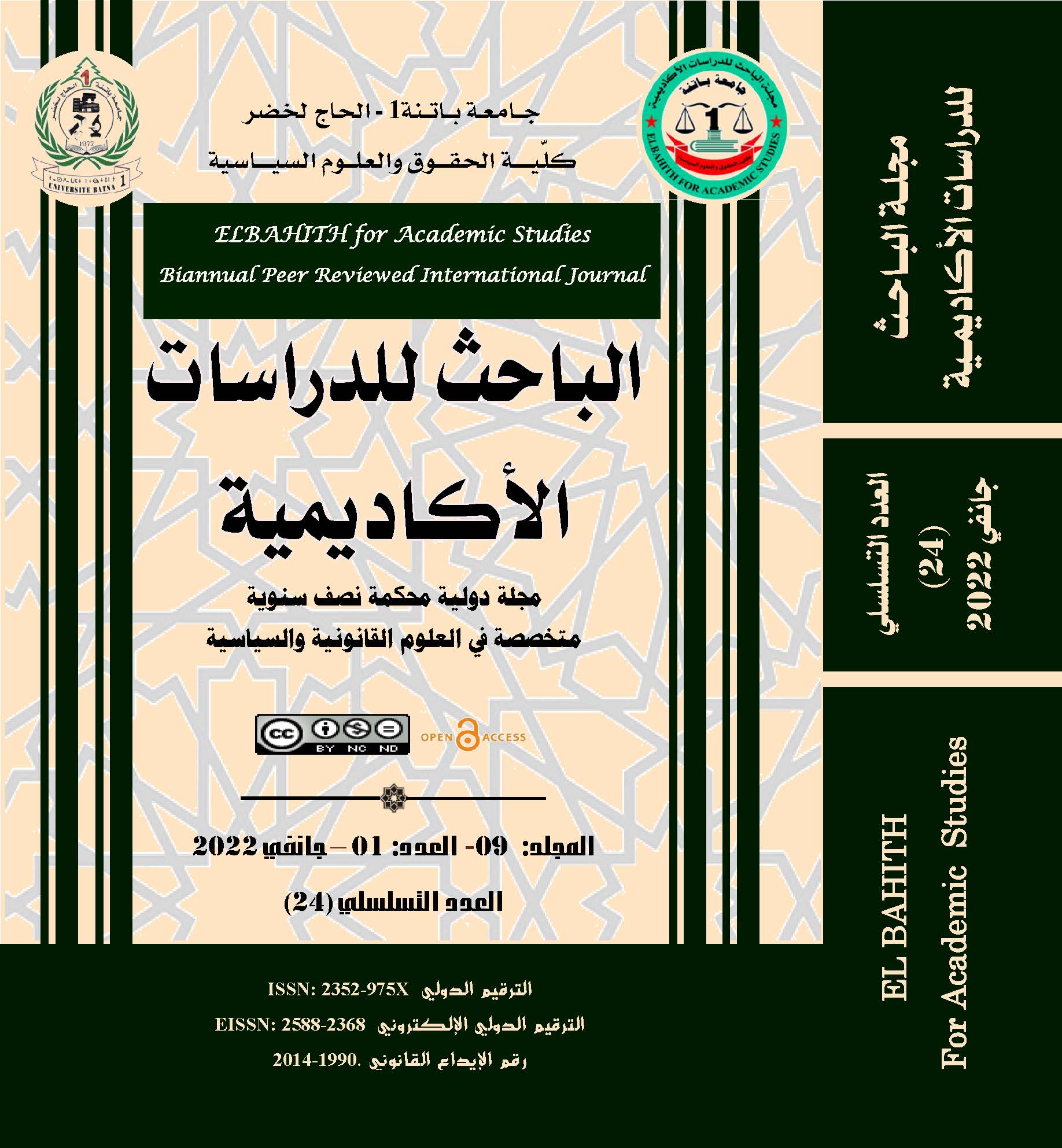The ethical discourse and the question of humanity in the philosophy of Hannah Arendt
DOI:
https://doi.org/10.59791/efas.v9i1.1345Keywords:
Self, Evil, Forgiveness, RecognitionAbstract
This study aims to review the thought of the philosopher and political theorist Hannah Arendt (1906-1975), and to understand her treatment of many philosophical and political problematics that had repercussions in the current life of humanity. Therefore, we approached totalitarian regimes and their results in the political field, by investigating Arendt’s analyses of the ethical question under a totalitarian regime. Through our approach of the action taken by the political theorist in uprooting the human self from the clutches of evil and nihilism and the ethical reviving of it. By treating the following problematic: “To what extent can the space of political action and the restriction of humanity be revived through the Arendtian ethical discourse?” The purpose of choosing this topic is to reveal the most significant ways of reconsidering the active and capable self in making the event and not just watching it.
Downloads
Published
How to Cite
Issue
Section
License

This work is licensed under a Creative Commons Attribution-NonCommercial-NoDerivatives 4.0 International License.





